And if you haven't suffered enough promotion in the days since the last time I shucked for some wares, what with both Black Friday and Cyber Monday consuming your every available dollar, I'll only ask you to suffer through a few more, keeping it short, sweet, and maybe even a bit diversifying for readers today.
For example, have you ever seen Warren Beatty in 1978's rather good Fantasy creation Heaven Can Wait? No, this one isn't hard SciFi much less hard Fantasy to be honest, but it's a quite good story of a guy who gets to Heaven, realizes he might have a way back, and then has to inhabit the body of a guy who's been a real dirtbag? As comedies go, it's very good. Personally, I've always liked Beatty in the role, and the late Jack Warden is also surprisingly good in there as well. I see via Blu-ray.com that there's a new pressing hitting shelves today, and interested parties can surf over here to pick one up.
If you're a fan of All Things Marvel, then I suspect this is a big day for you as their latest, greatest epic Shang-Chi And The Legend Of The Ten Rings (2021) also hits stores today. I imagine this one will be this week's big seller as I know genre fans will likely be adding Feng Shui (my term for Shang-Chi, and it's meant with nothing but affection) to their home video library. Heck, even the wifey and I saw this one in theaters (not so much a review is here as it is just a few reflections on it); we're not big Marvel fans, but we were hungry to see something and it looked better at the time than any alternatives. Interested in a purchase? I'm not seeing it up on Amazon.com, but I'd imagine it'll be EVERYWHERE today.
Last but certainly not least, Malignant is coming from just in time for the holidays. (Yeesh!) Yes, it's a bit dark for the silly season, but this Horror/Fantasy certainly created a buzz at the box office when it screened earlier in the year. I saw it -- I believe I watched it on HBO Max, if I'm not mistaken -- and while I found it quite entertaining and fun I wasn't as bonkers about it as others who partake of genre entries. I remember thinking that I saw some of the stitches early in its fastballs, so the film's central 'reveal' wasn't all that revelatory for me. But I was entertained. Interested in snagging one for that special someone's stocking to be stuffed? You can find it for sale right here.
As usual, there are a few more genre releases perhaps worthy of notice, and anyone looking for more details can check then out right here.
Thanks for reading ... and live long and prosper!
-- EZ


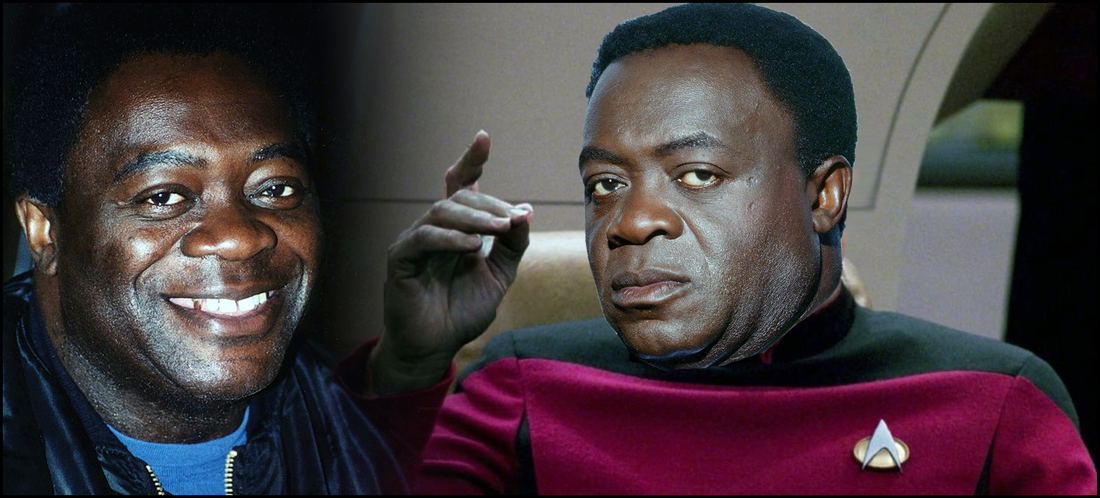

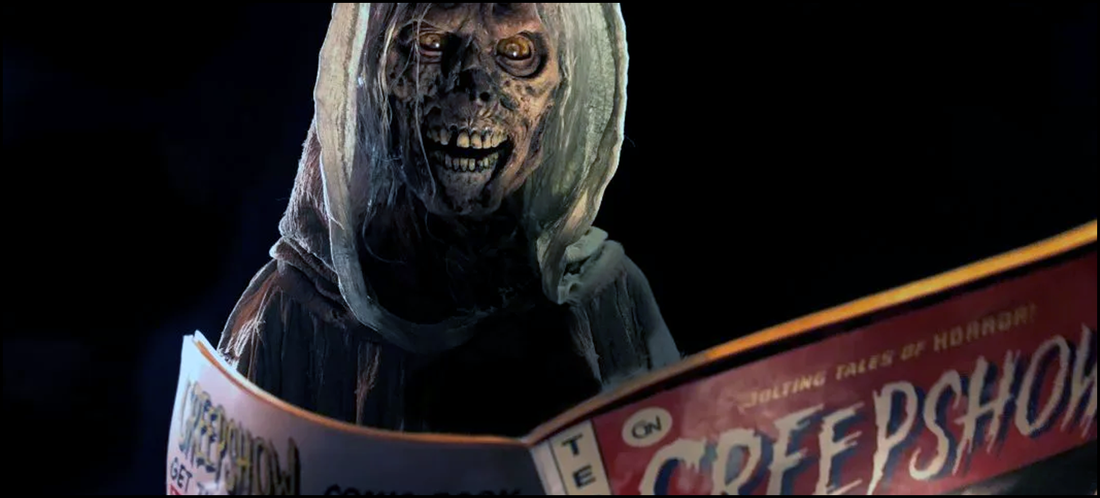

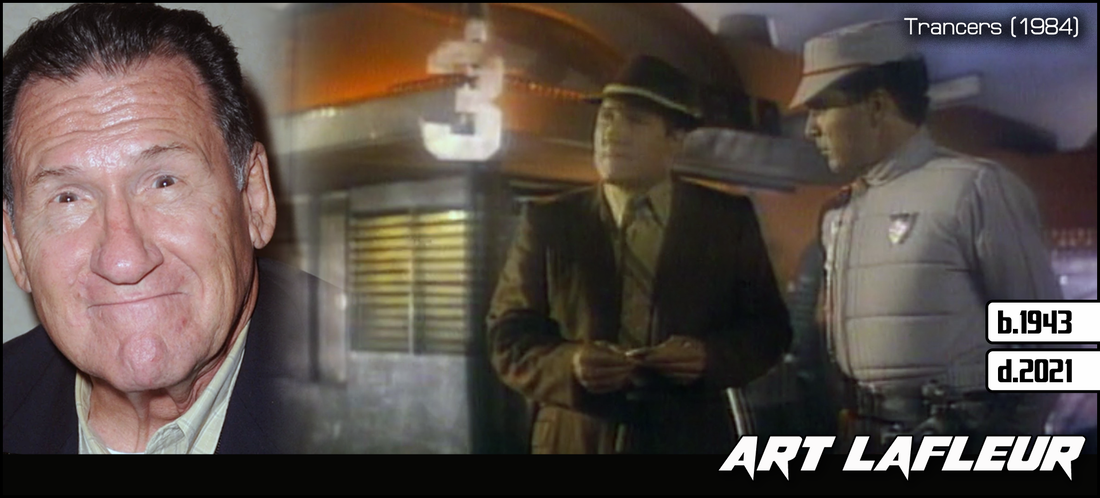

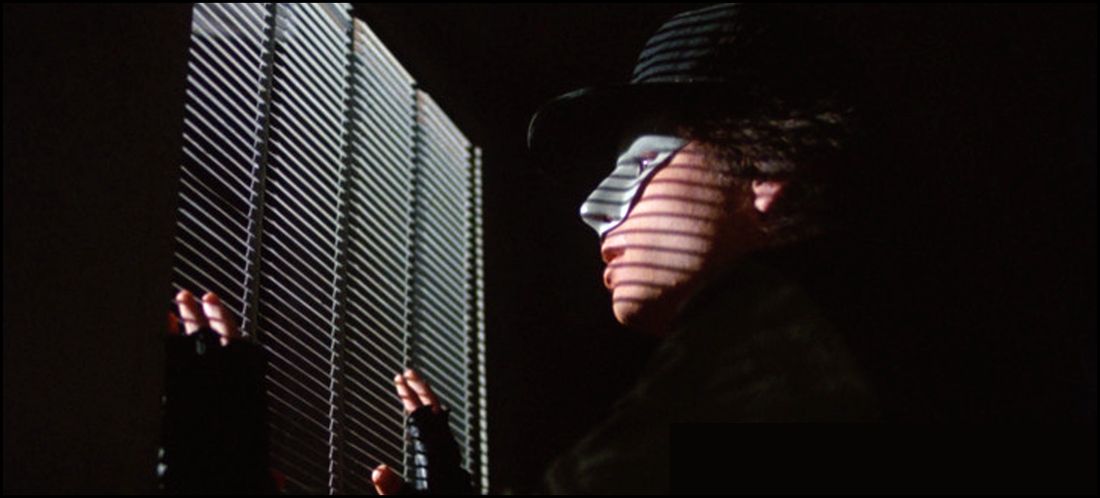
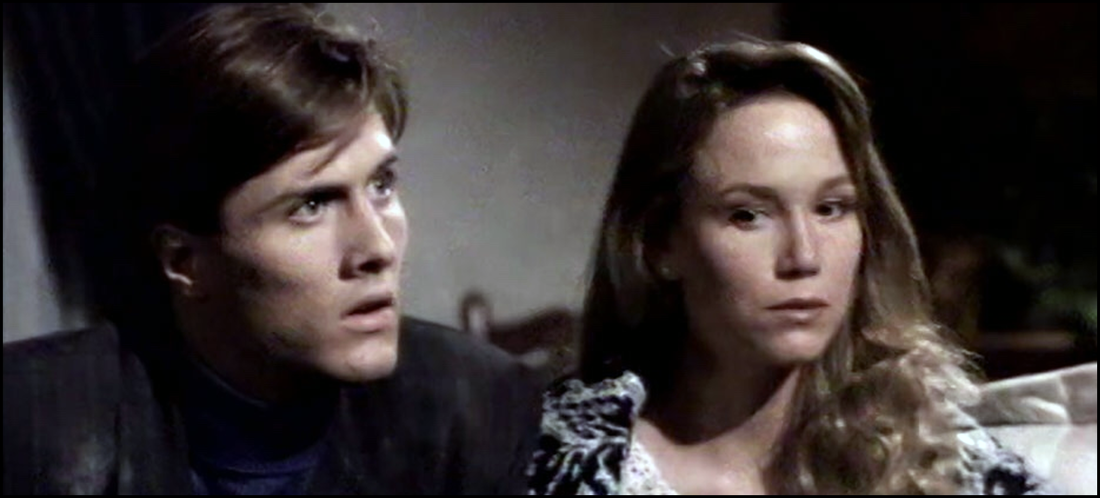
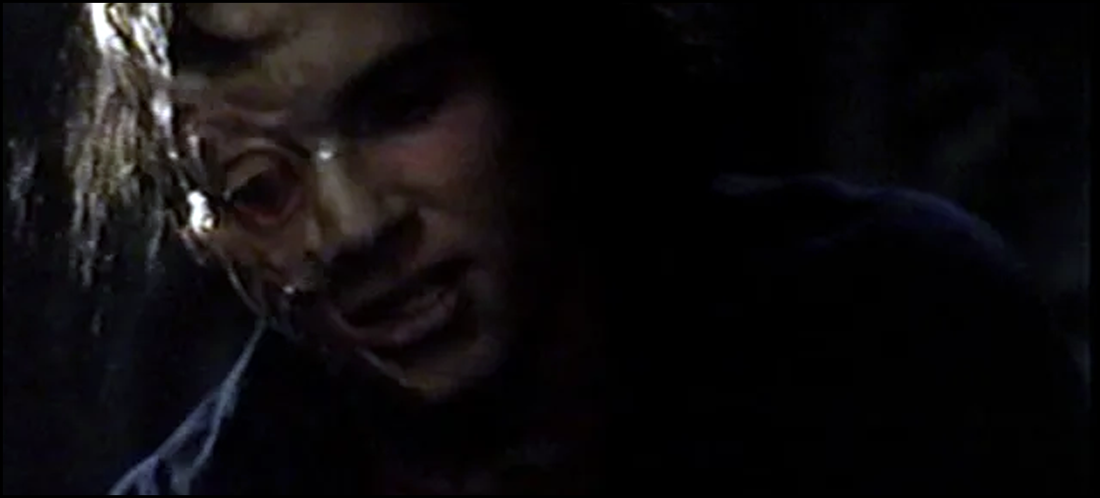
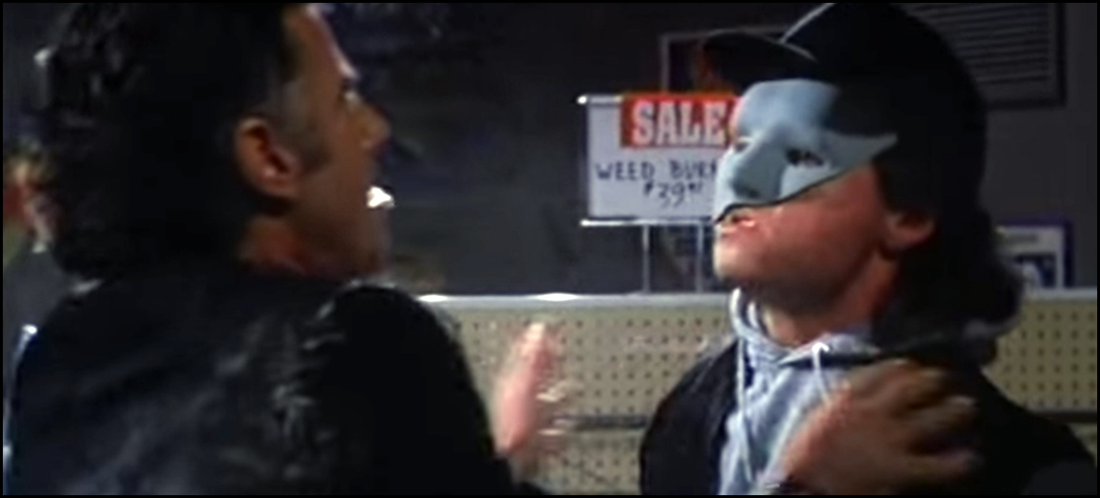
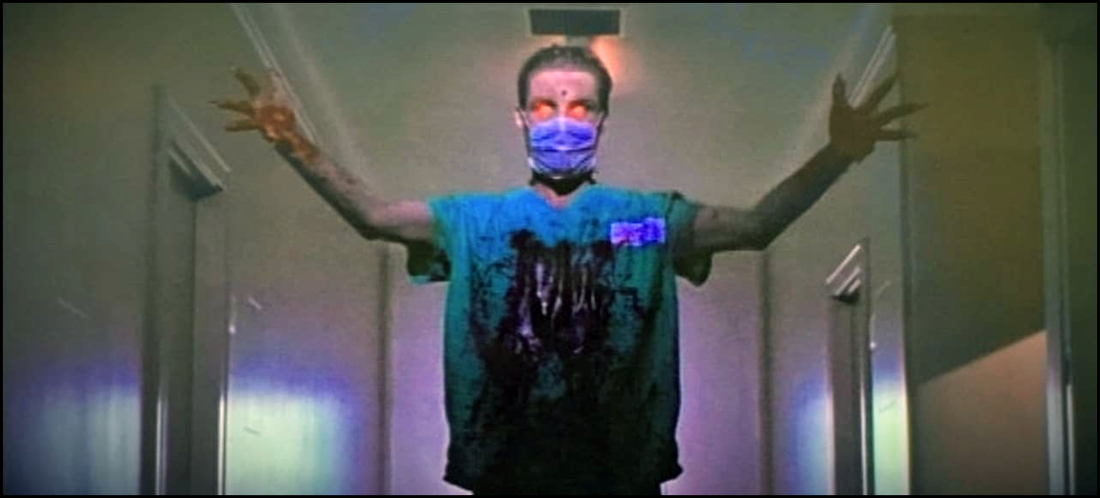
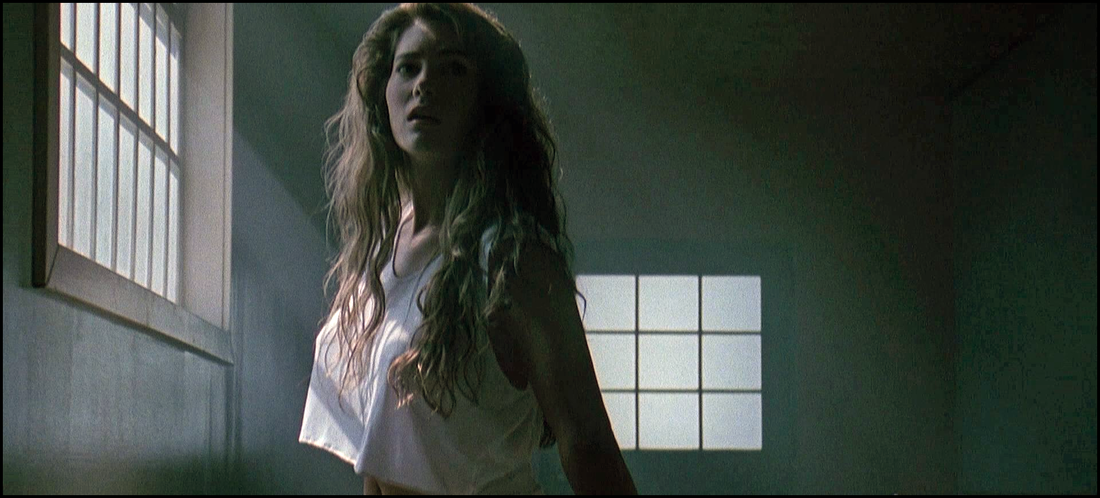
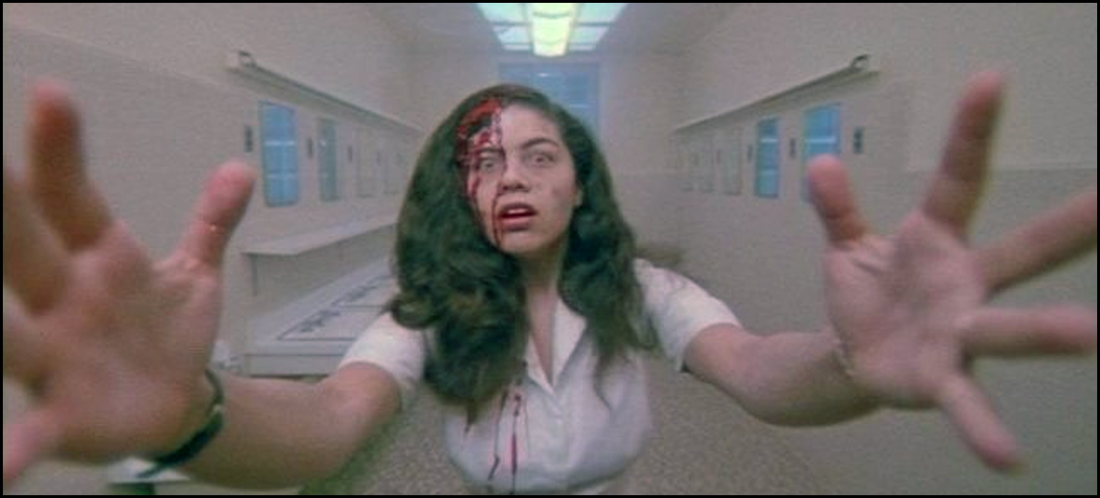
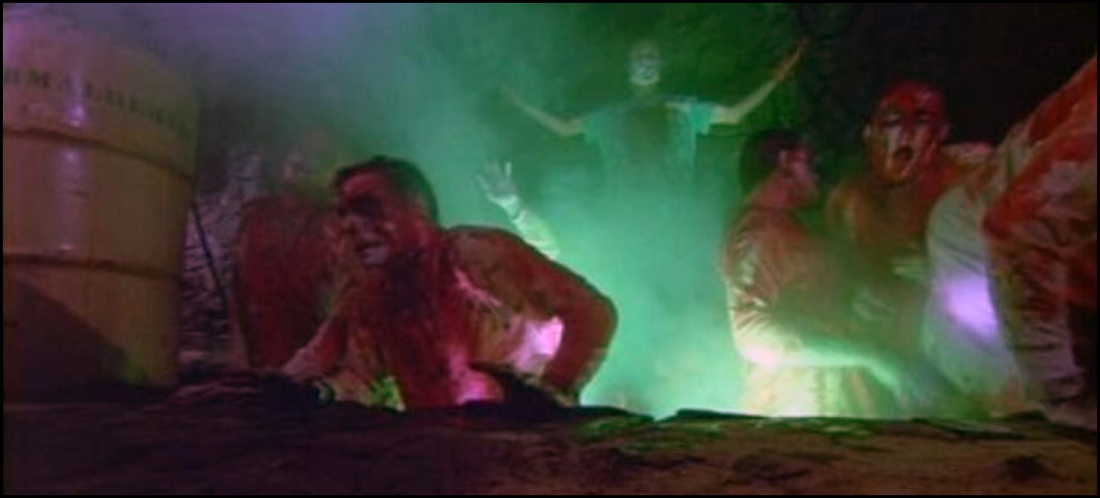
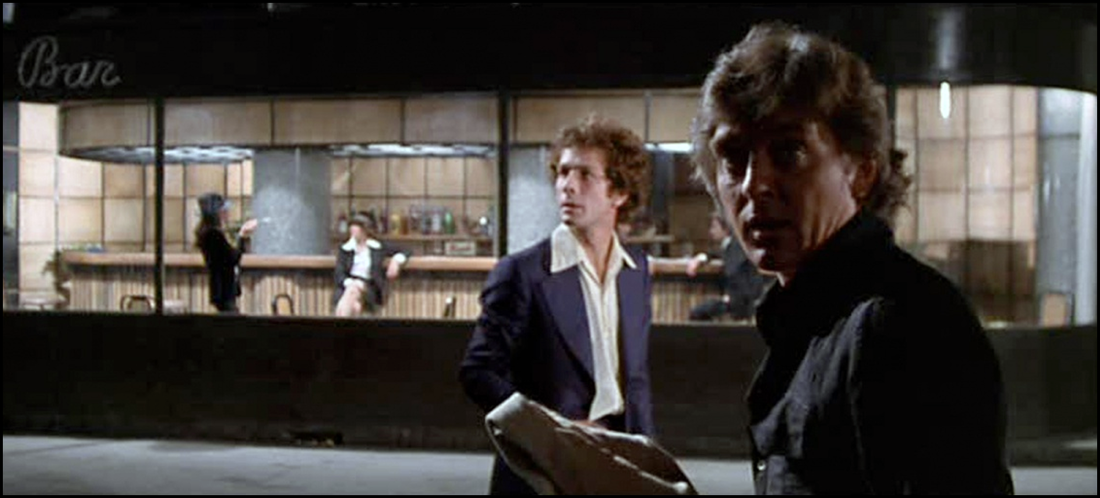
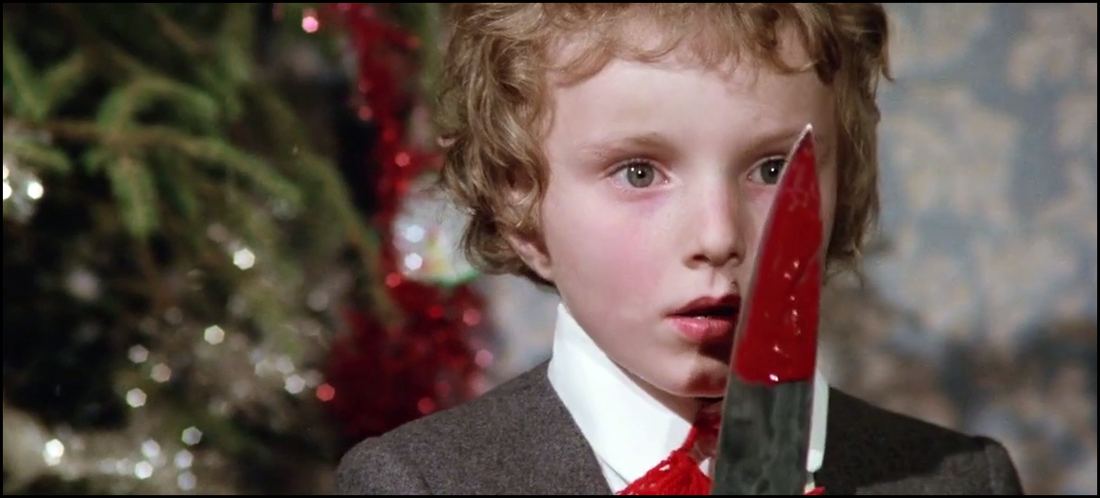
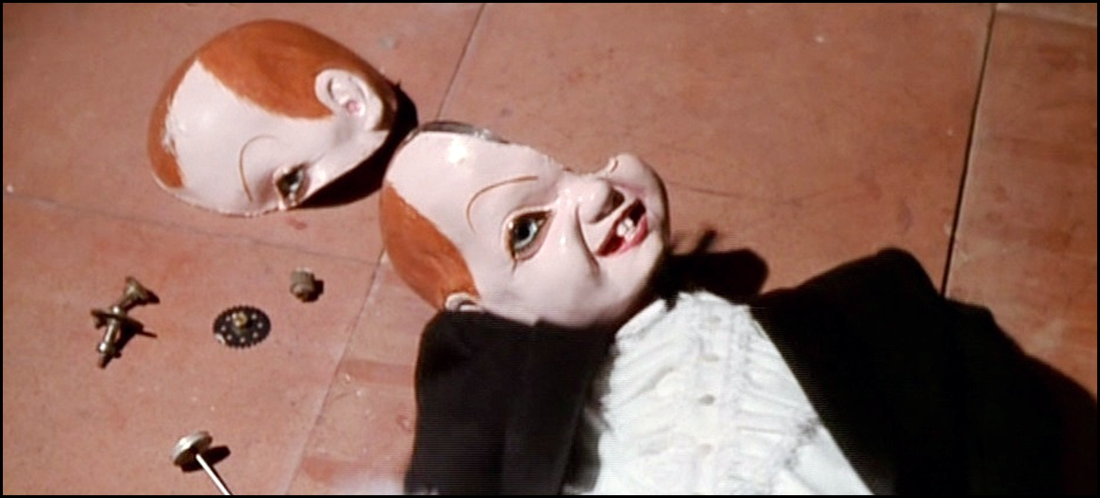
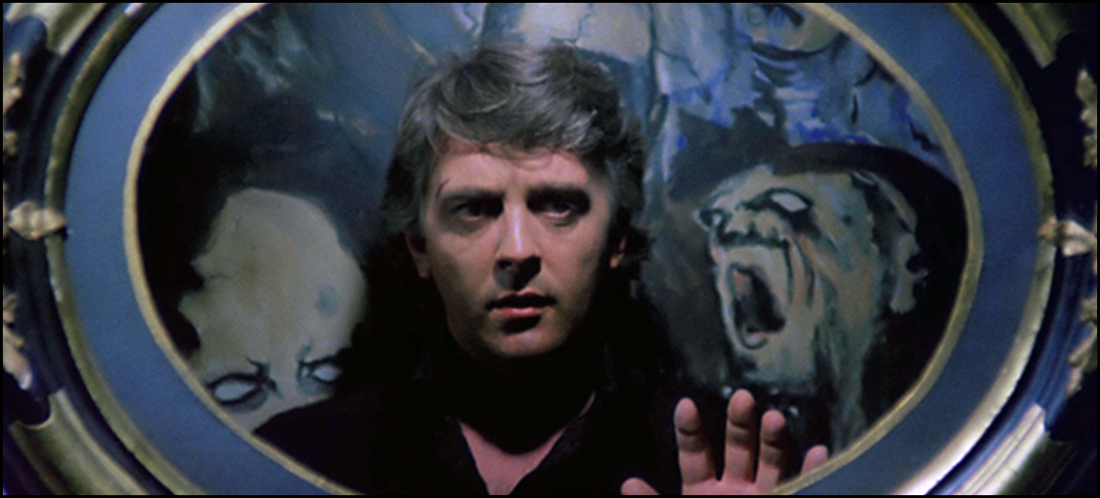
 RSS Feed
RSS Feed